The “cancer within the presidency” - and within me
Our nation's malignancy forces upon us existential questions: Would you to lay down your life in the glorious conquest of Vancouver - to please a president who won't even welcome your corpse home?
Back in Watergate days, John Dean told President Nixon that there was a cancer within the presidency. Here’s his exact quote, from the transcript of the March 21, 1973 tape:
(Dean): I think that there's no doubt about the seriousness of the problem we've got. We have a cancer within—close to the presidency, that's growing. It's growing daily. It's compounding. It grows geometrically now, [President Nixon acknowledges throughout] because it compounds itself.
What we are experiencing now is far worse. As a cancer survivor1, which, due to my recent diagnosis of prostate cancer, is what I will be until the day I die, I know what it’s like to have an embedded malignancy that obsessively seeks to grow and infect all it encounters with death. It lives only to enrich itself and poison other cells.
The malignancy that is the Trump presidency has already spread to our nation’s bones, organs and lymph nodes, invading the vital lifelines of democracy here and around the world, and because of that we are all facing life and death decisions.
These unimaginably dystopian times are forcing upon us existential choices analogous to those confronting cancer patients. Unlike Covid, which was unquestionably dangerous and unpredictable, the current metastasis is malicious and relentless in its pursuit of evil. Like John Dean’s, our White House cancer is particularly aggressive and completely out of control.
This malignancy is forcing us to stare down our deepest fears, of financial ruin, unemployment, illness and death. All of us: lawyers2, judges3, doctors4, teachers5, clergy6, investors7 - we all are now being confronted by impossible choices, but we have to choose. For some of us, we are being given the option - or the directive - of placing ourselves in harm’s way. For me with my malignancy, that choice was to stand firm against autocracy - and to have major surgery to rid myself of my entire cancerous prostate.
For me, the choice was clear, if risky. But what about our soldiers?
Think of what it must feel like to be in the military right now. We know how we’ve placed our most courageous recruits in morally challenging situations before, in Vietnam, Cambodia, Iraq and Afghanistan. But nothing can compare to what is coming next for our troops. When that call comes from the Oval Office to storm the coast of Greenland - and I believe that will happen, unless people like Marco Rubio and a dozen GOP senators suddenly grow a pair - what will that soldier do?
What would you do if drafted into the Greenland Expeditionary Force?
Is the conquest of Greenland worth dying for? Why sacrifice my life just to satisfy the designs of a delusional leader who, when my body washes up on the shores of Nuuk Port, won't even bother to welcome my corpse home? Russia has had to rely on conscripted prisoners and North Koreans to fight in Ukraine. Will Trump need to borrow a few thousand North Koreans of his own?
Or how about swinging a deal with the Vietnamese, who could send us some conscripts in exchange for tariff relief? The only greater irony would be if the Vietnamese soldiers all suddenly came down with bone spurs.
Israeli reservists are increasingly refusing to do another tour of duty in the current offensive in Gaza, because they see it for what it is: Netanyahu’s ploy to avoid accountability for October 7 and his many legal troubles. But that’s Gaza, from where horrific attacks against Israelis have been launched. We’re talking about American troops potentially on the streets of Copenhagen, blowing up The Little Mermaid statue and Hans Christian Anderson’s homes, while cowardly Republicans stand by, admiring their Emperor’s New Clothes.
Would you to lay down your life for God, Trump and country in the glorious conquest of Vancouver?
Pharaoh and King Herod
Jews and Christians approach their most mortality-obsessed-yet-unwaveringly-joyous festivals this month, celebrating the triumph of life in the face of death. As we sit around our Seder tables and Easter dinners, we need to ask some hard questions. While none of us is facing a power-crazed, paranoid Idumean King or sadistic Egyptian pharaoh, what’s happening right now rivals those ancient narratives for its cruelty. We are witnessing abductions of young people in broad daylight that would make Pharoah and King Herod proud.8 Pharaoh, you know, was the originator of the Great Replacement Theory, (Exodus 1:22), opting to murder Hebrew babies so that “Jews will not replace us.” (In Ex. 1:10, he frets that they will “outnumber us”). King Herod (Matthew 2:16), fearing that a new king has been born, followed in kind.9 We’ve seen it before, but it seems worse now. And now, as then, courageous people will need to step forward to save the innocent. In the Exodus narratives, it was the midwives Shifra and Puah who defied Pharaoh and saved Hebrew baby boys. Now it needs to be all of us, saving our students who are being abducted in plain sight.
My battle with an aggressive prostate cancer is far from over, even as the offending gland has been deported from my body - I must add, with due process. The doctors are cautiously optimistic, though the threat remains. But throughout this ordeal, I’ve stayed cautiously existential, feeling a queasy nausea that Jean-Paul Sartre knew10 - less a fear of dying than a fear of not having lived a fully meaningful life, a life cut short before its designated time. And living a meaningful life is something best bookended by a meaningful death.
I’m a survivor. But for what purpose did I survive? Jumping from the operating table to Trump’s dystopian America has been like going from the frying pan into the meltdown. It almost makes me want to go back to the relative safety of the O.R. and double dose on the anesthesia this time. At least in the serenity of my induced nap under the knife, decisions swirling about me were based on science, logic and skillful experience. Now, out here back in the world of the awakened, not so much.
What are we willing to put our lives on the line for?
I believe that, in a world that is very messy, the purpose of politics is not typically to maximize good, but more often to minimize evil. Right now we all have lesser-of-evils decisions to make. I would never give up my life to serve up some Danish to Donald, but I will more likely be called upon to stand up for the hundreds of students now having their legal residency terminated for purely political reasons.
Even though I disagree with many of the views of Rümeysa Öztürk, the Turkish doctoral student at Tufts grabbed off the street by plain-clothed immigration officials, I’d like to think that had I been a bystander, I would have done something. I am haunted by this video. No one helped her.
We know that many innocent people are “being disappeared.” We are becoming Argentina of the 1970’s, where 30,000 people, primarily children, were “disappeared” in the Dirty War perpetrated by the dictatorship. Preventing America from becoming a police state: is that worth dying for?
I’m not sure I’d have run out of my apartment to save Rümeysa Öztürk, because I’m cautious by nature and also want to stay alive for my family. But I hope I would have done something if I passed this scene while walking on the street. I’m preparing myself for that eventuality; it’s one we all could now face.
The malignancy we are dealing with could well have resulted in the arrest of a Duke basketball player from South Sudan during halftime of the Final Four on Saturday. That’s because, on that same day, the Trump administration ripped away visas of those haling from that country. Why? Because they didn’t agree to buy into Trump’s mass deportation plans.
We’ve got to feel this pain, as well as the pain of those whose lives are being sunk by the tariffs, environmental, anti-discrimination and healthcare rollbacks, the sacking of Social Security, Medicare and Medicaid. We have to feel the pain of this malignancy.
The pain of malignancy
In his play Equus, Peter Shaffer writes, “Look... to go through life and call it yours - your life - you first have to get your own pain. Pain that's unique to you. You can't just dip into the common bin and say 'That's enough!'...”
The pain of my malignancy is different from anything I’ve faced before. It’s a dull pain, often undetected, like termites in a tree stump, gnawing away at my future. It has hollowed me out, literally. My ability to reproduce has been ripped from me. The future has been replaced by an empty space; still, the hurt is not centered in the abdomen, but in my neck, whenever I look up at the road ahead.
The days following surgery were difficult. There is no post-partum depression for a prostate, but my pain helped me understand, increasingly, that I survived this insidious attack only by a miracle of modern medicine. Embedded in the most trustworthy of glands, the one that produces the gooey miracle of bearing new life, my cancer grew, slowly and silently until it was ready to make its way out into the body at large. And then, at the chosen moment, it began to emerge.
But we caught it.
America, like my urinary tract, is being attacked from within right now. The healing power of science, which facilitated my survival, is itself under attack from this most virulent, malignant Trumpian force.
My pain, though primal, is far less intense than what a soldier might experience on the front lines of Manitoba, blood gushing from his chest amidst the realization of how absurd his death will be.
Our nation’s pain is bearable, but it must be borne by all of us. We need to take our own personal pain, the pain that is unique to us, and transform it into collective action. The disease is defeatable, but only with constant vigilance, the suppression of fear and the commitment to live purposefully, right up until the very end.
I believe, to the core of my being, that there is life after cancer.
Let’s conclude with this hopeful song by the Jerusalem Youth Chorus, which brings together Jewish, Muslim and Christian youth with their vision of unity. Below that are some photos I’ve taken over the years of rooftops in Jerusalem, with hope springing eternal during this season of holiness and hope. Here is the link to see the complete album, “Rooftops of Jerusalem.”
One does not have to be cancer-free to be considered a “survivor.” That designation takes hold from the moment of diagnosis until death.
Listen to Thomas Sipp describe his painful departure from his law firm, Paul Weiss (NYT).
Bishop Mariann Edgar Budde’s courage in speaking truth to power. See video about her book, How We Learn to be Brave
New York Times, April 8: Wall Street billionaires are not used to being on the outside looking in. But that is where they find themselves after President Trump ignored their appeals to call off his tariff plans which they fear could endanger the economy. With the backdrop of rapidly mounting stock market losses, corporate titans have worked every angle — phone calls, social media and even a typically staid shareholder letter — to try to change Mr. Trump’s mind. The day after the president announced his most sweeping round of tariffs last week, chief executives from major banks, including Jamie Dimon of JPMorgan Chase, had a private meeting with Commerce Secretary Howard Lutnick organized by a lobbying group in Washington. But Mr. Lutnick was not persuaded to reverse course, three people briefed on the sit-down said. Over the weekend, megadonors to Mr. Trump’s re-election effort tried a different tack, pleading their case in calls to Susie Wiles, the White House chief of staff, and Treasury Secretary Scott Bessent, people familiar with the calls said. Those efforts also came up empty.
From Mother Jones (3/28): Over the past two weeks, the Trump administration has targeted at least eight foreign academics in America for deportation, often sending officers to snatch them off the street or in their homes, retroactively changing what they’re charged with, and shipping them halfway across the country, far from their families lawyers—increasingly in apparent defiance of court orders against their rendition. Members of the commentariat like venture capitalist Paul Graham have mused that “the students ICE is disappearing seem such a random selection.”
See The Story behind the Nativity Scene (TheTorah.com). The Gospel of Matthew draws parallels between the infancy narratives of Moses and Jesus in several respects, notably with the infanticide perpetrated by Pharaoh and Herod.
Sartre’s first novel “Nausea” “is written in the form of a diary that narrates the recurring feelings of revulsion that overcome Roquentin, a young historian, as he comes to realize the banality and emptiness of existence. As the attacks of nausea occur more frequently, Roquentin abandons his research and then finds and loses his few friends. In an indifferent world, without work, love, or friendship to sustain him, he must discover value and meaning within himself.”

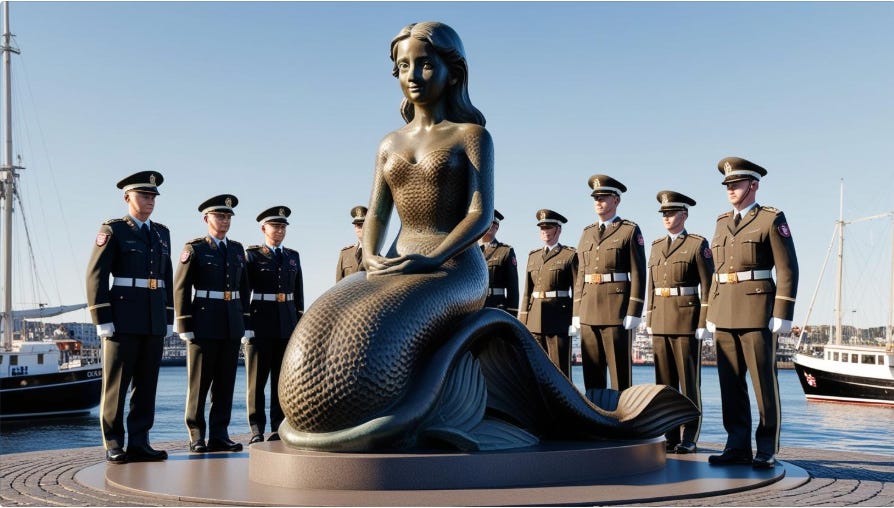
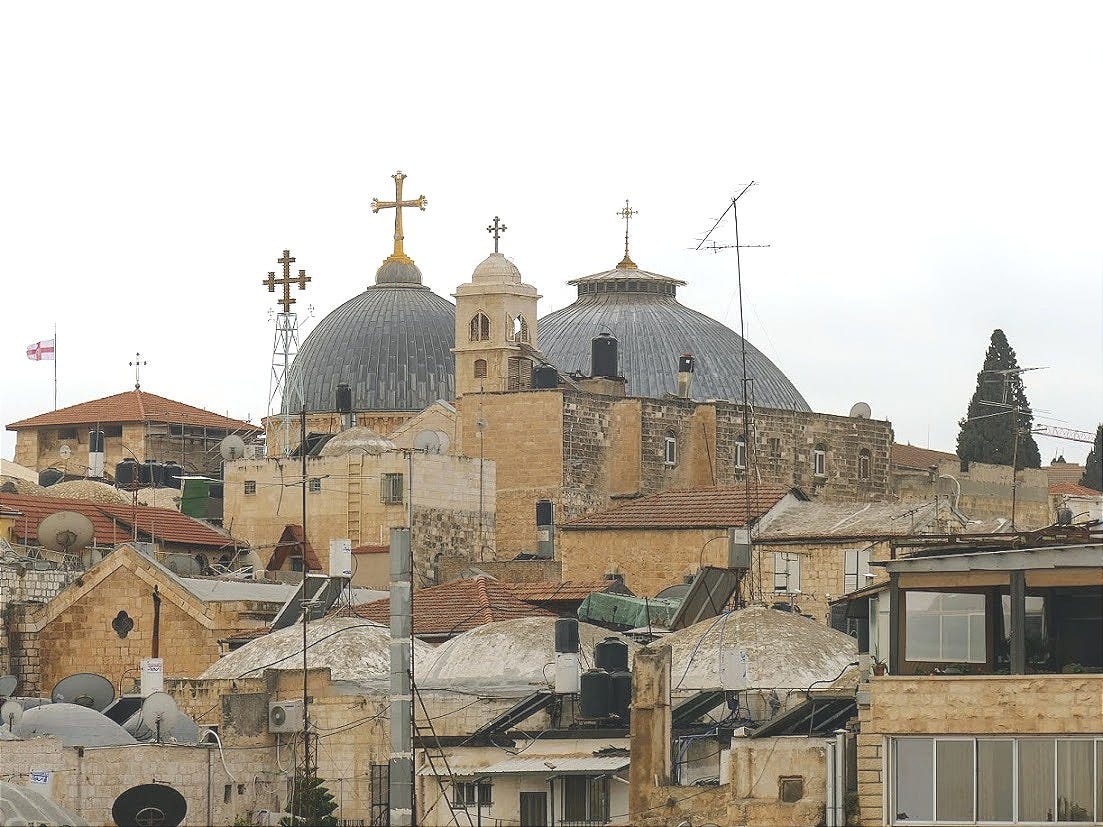

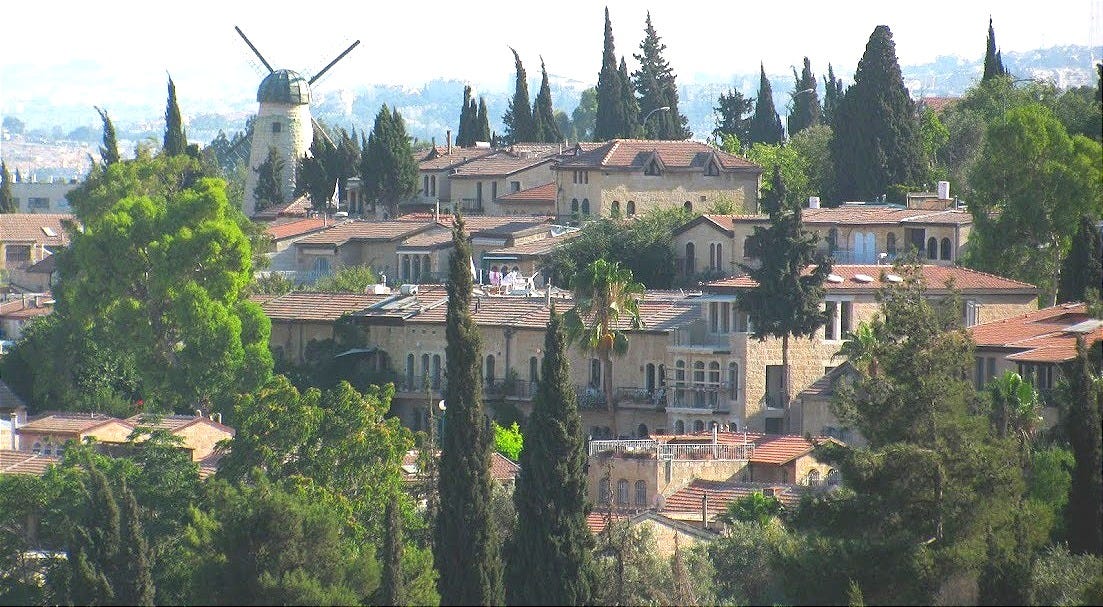
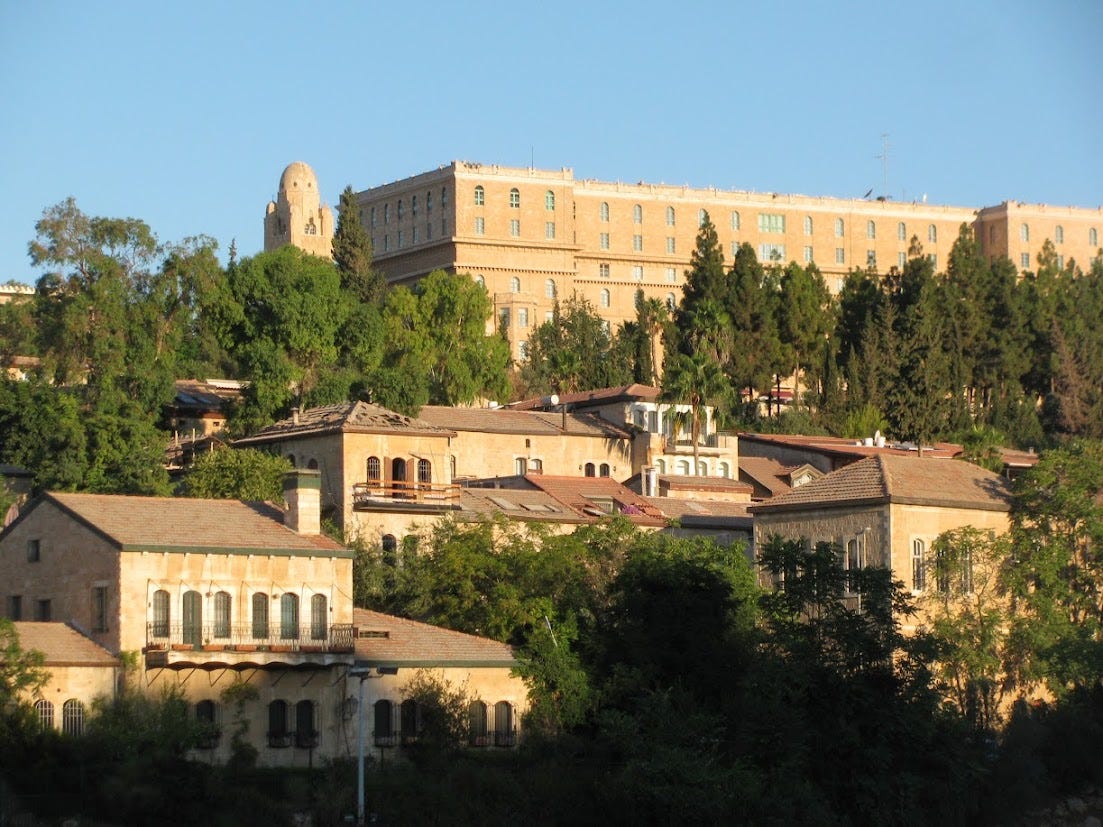
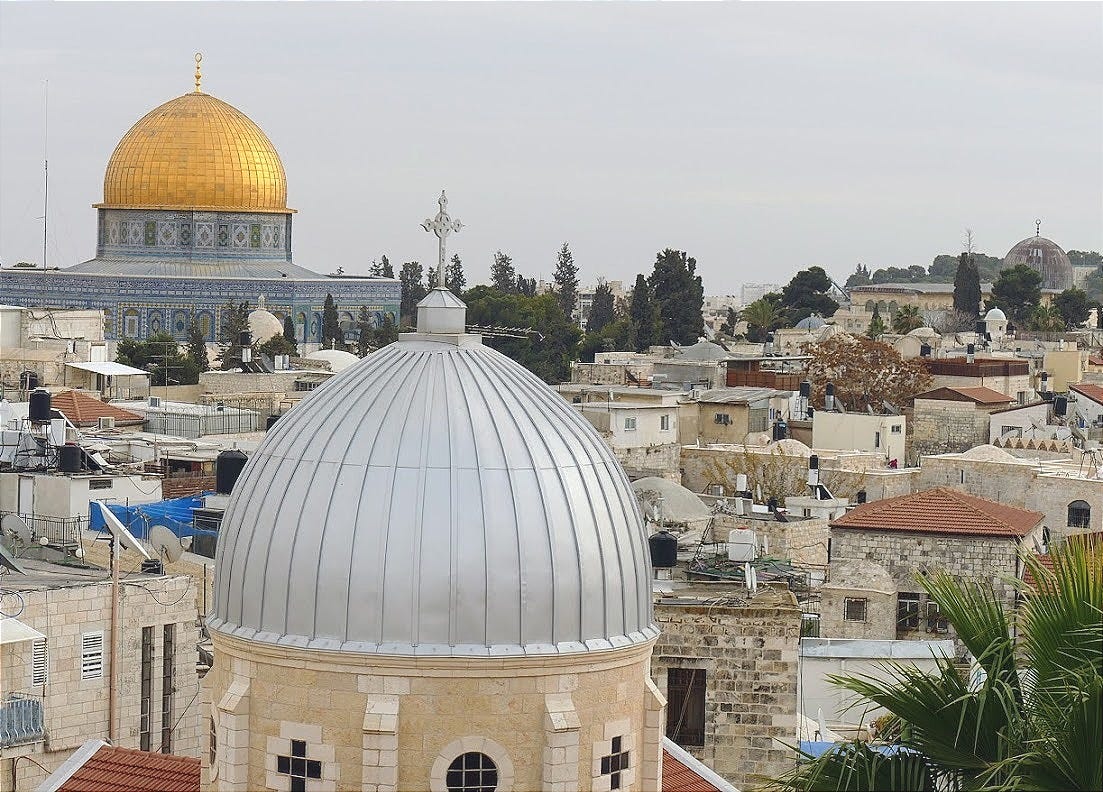
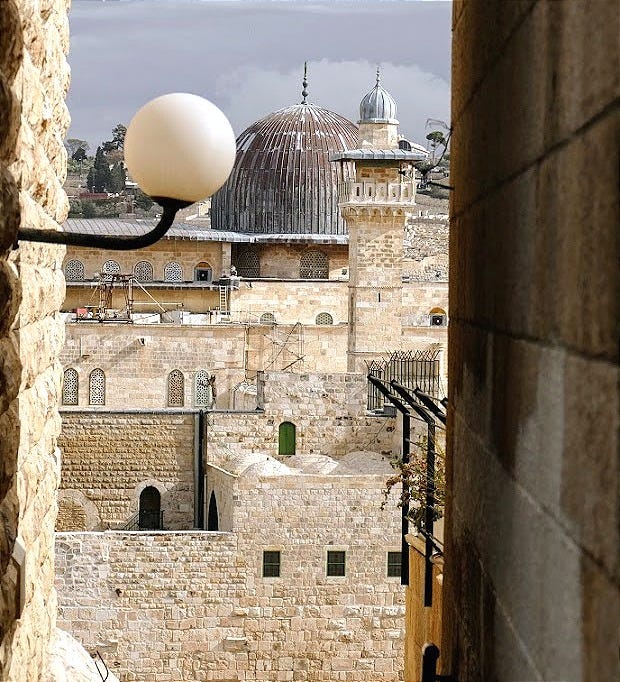
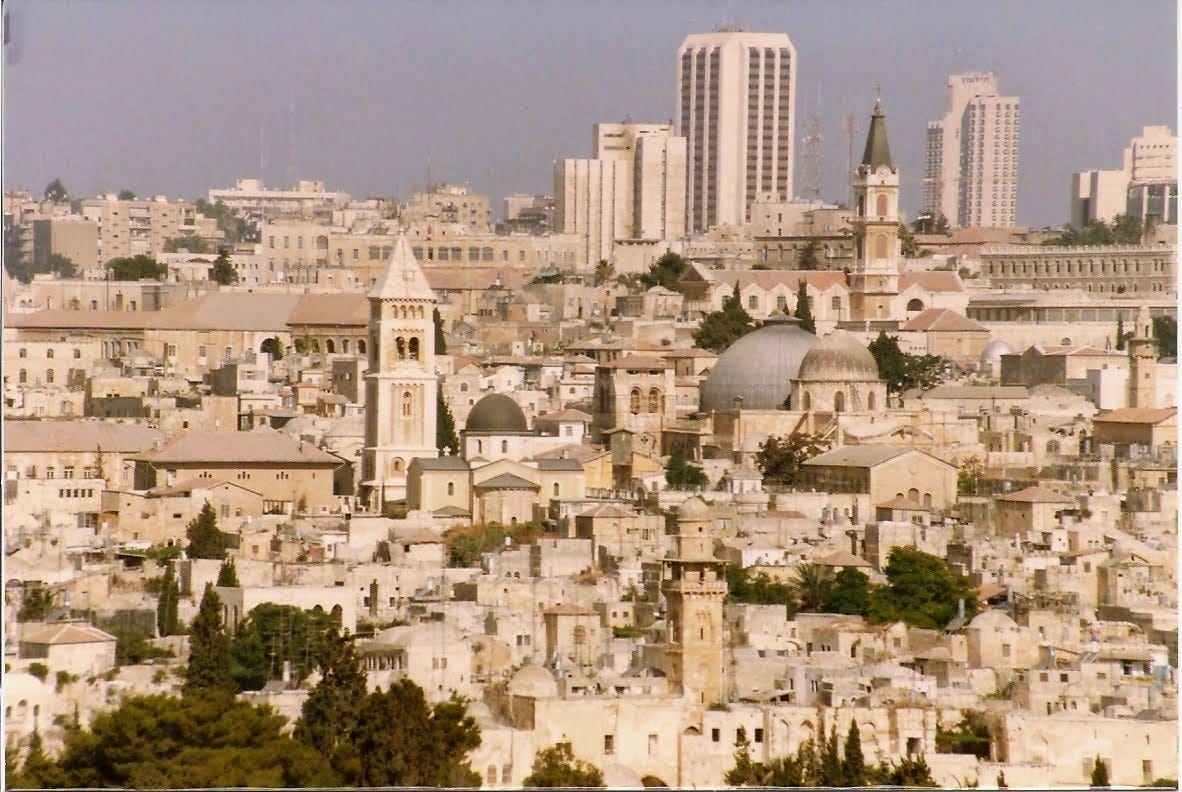
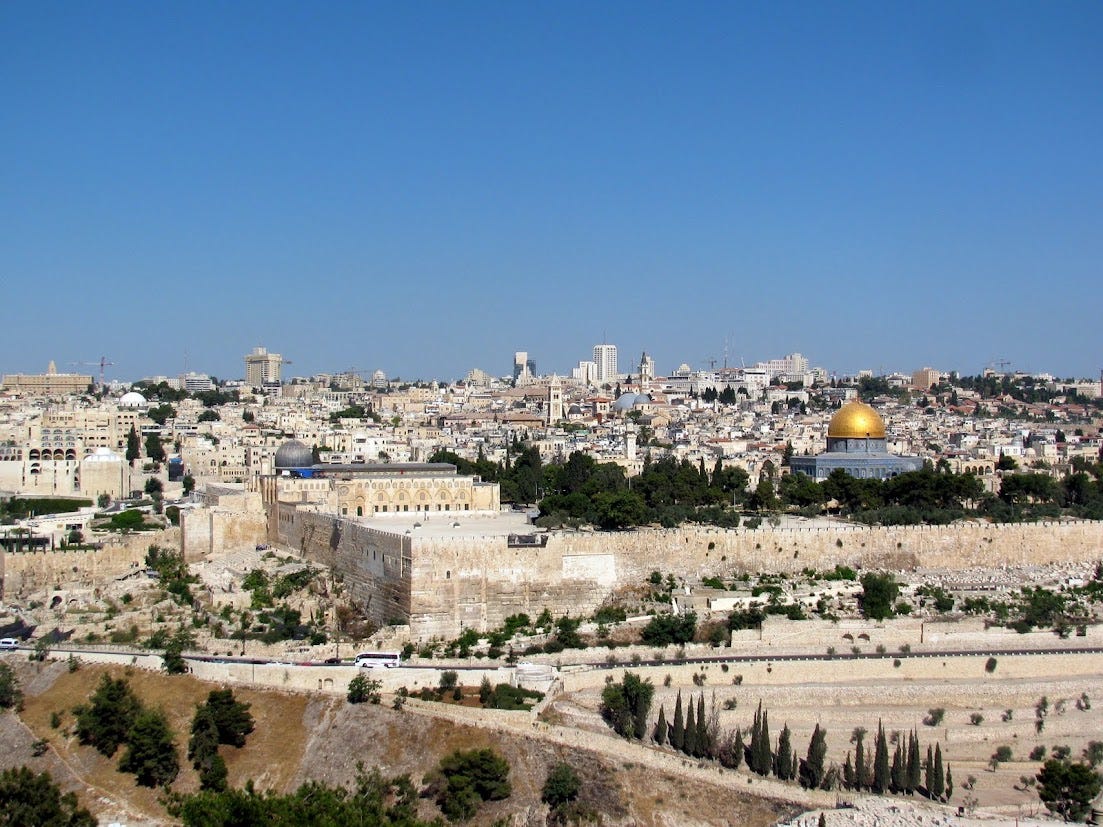

No comments:
Post a Comment